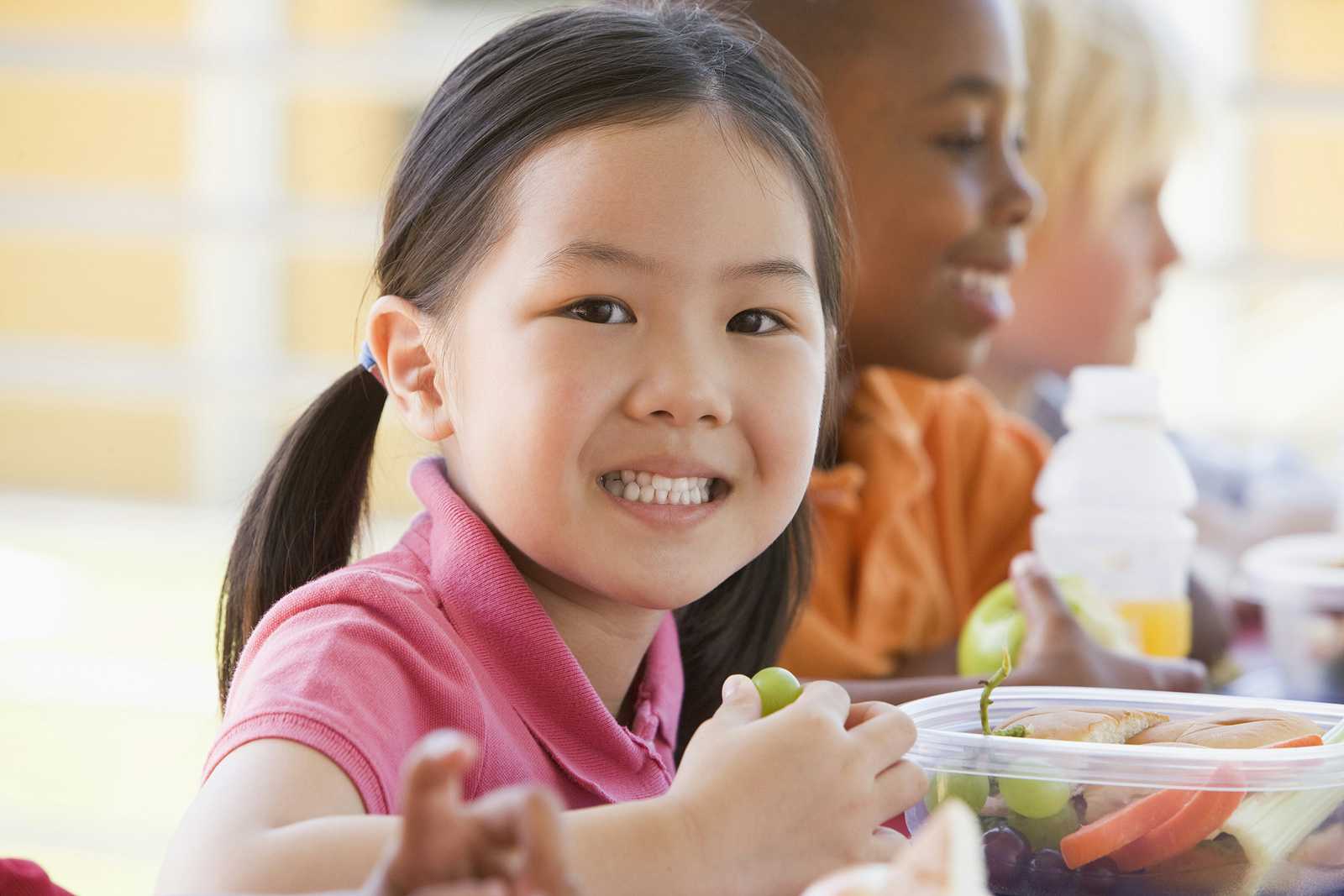
A study published in BMJ Nutrition, Prevention & Health analyzed the impact of nutritional factors on mental wellbeing in kids (BMJ Nutrition, Prevention & Health, Sept. 27, 2021). The researchers collected information from more than 7500 high school students and over 1200 elementary school students in Norfolk, England. All of the young people were part of the Norfolk Children and Young People Health and Well-being Survey, open to all Norfolk schools during October 2017.
Assessing Mental Wellbeing of Young People:
In addition to gathering dietary data, the investigators administered tests to measure factors related to mental wellbeing. Secondary school students took the Warwick-Edinburgh Mental Well-being Scale. The researchers used the Stirling Children’s Well-being Scale for primary school students. The scales measured optimism, cheerfulness and relaxation, satisfying interpersonal relationships, clear thinking and competence.
How Did Nutrition Affect the Scores?
The youngsters who ate the most fruits and vegetables had the highest scores of mental wellbeing. There is a lot of room for improvement, though. Only about one fourth of the kids got the recommended five servings a day of produce. (The precise numbers are 25.2 percent of secondary school and 28.5 percent of primary school students.) About ten percent had no fruits or vegetables at all.
In addition, one-fifth of high-school students and just over a tenth of elementary students did not eat breakfast. High schoolers who consumed energy drinks instead of a traditional breakfast had the lowest scores. Skipping lunch was also associated with lower mental wellbeing scores compared to having a packed lunch.
The scientists report that other factors also played a role in youngsters’ mental wellbeing. The data they collected on vaping and drug use, long-term illness, feeling safe at school or at home also affected scores, but they focused this analysis on nutrition. Whether or not kids ate five servings of fruits and vegetables or none had even more impact on their scores as whether or not there was violence at home.
The researchers conclude:
“Public health strategies and school policies should be developed to ensure that good quality nutrition is available to all children both before and during school in order to optimise mental well-being and empower children to fulfil their full potential.”
We’d like to think that kids in the US consume more vegetables and fruits, but sadly, the data show they do not.

